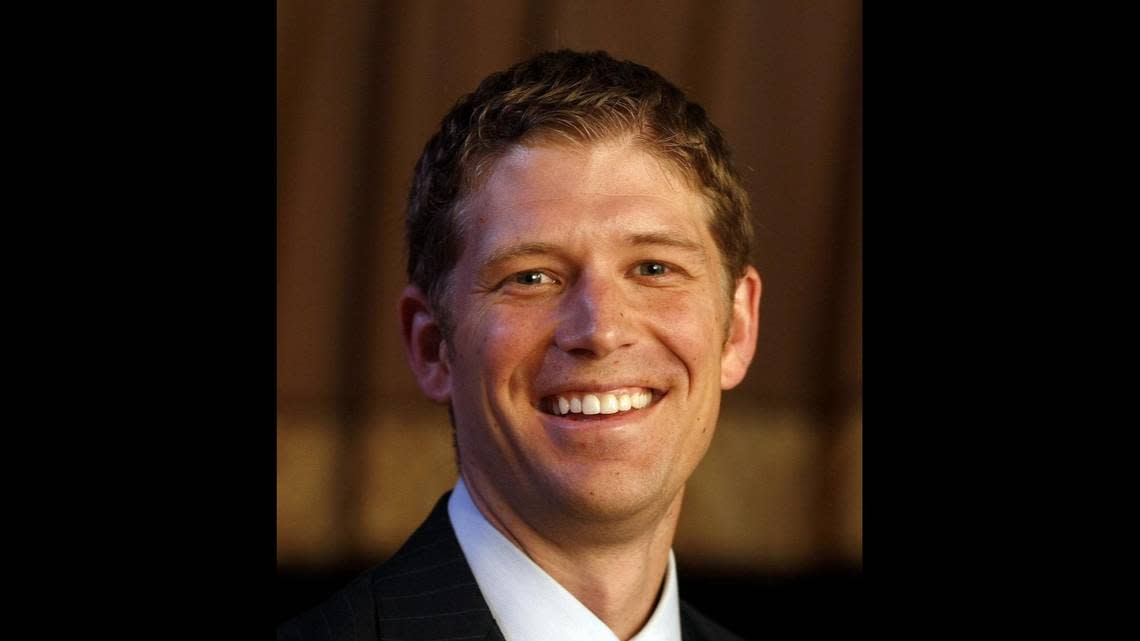We tracked religious freedom in states. Bright-red Texas didn’t rank as high as you’d think
A federal judge in Texas has ruled that a group of Christian business owners and employees need not pay for a medication prescribed to prevent HIV infection because the mandate conflicts with religious beliefs. The business owners are pushing back on coverage required under the Patient Protection and Affordable Care Act, which has been a flashpoint in religious freedom battles for years.
U.S. District Judge Reed O’Connor sided with Texas business owners that the Obamacare mandate violated the company’s rights under the Religious Freedom Restoration Act, a 1993 law that prevents the federal government from burdening a person’s free exercise of religion.
While the Constitution remains the supreme law of the land, and the First Amendment protects the right of all Americans to worship freely, countless questions of religious liberty arise and are vetted at the state level. To get a ground level view of how each state is legally preserving or constraining religious freedom, the Center for Religion, Culture and Democracy launched an annual Religious Liberty in the States index. (The center is the research arm of Plano-based First Liberty Institute.)
Texas was ranked 25th on the new index, just behind Montana and one place ahead of Kentucky. The Lone Star state’s ranking was based on a scorecard of legal safeguards for religious liberty that cover 29 items, including protections for religious exemptions for school immunization requirements, businesses to refuse to participate in same-sex weddings, absentee voting on religious holidays, and health-care provisions that allow for providers to refuse abortion, sterilization and contraception.
Given its middling ranking, Texas unsurprisingly shows a mixed bag of state-level safeguards on its scorecard. While it has a state-level Religious Freedom Restoration Act and a 2021 Freedom to Worship Act, it does not have a specific provision to allow for public officials to recuse themselves from participating in certain functions that violate their conscience.
The Religious Liberty in the States project, which will annually update the index, will lead to greater insights about the ways in which state law interacts with civil liberties — including free exercise rights.
Interestingly, there is no clear red state-blue state divide in the rankings. Deep red Mississippi topped the index, but blue states such as Washington (fifth), Maryland (eighth), Connecticut (11th) and Maine (14th) scored in the top third.
It’s important to understand that all 50 states codify at least some protections of free exercise, carving out exclusions and exemptions for religious organizations. But problems may arise when states pass laws of “general applicability” that keep some citizens from acting upon their religious convictions or penalize them if they do.
For example, all states require children to be immunized against various diseases before entering school for the purposes of public health. Though these laws do not target religious people, they place a distinct burden on those who hold sincere religious beliefs that prohibit immunizations. Consequently, many states historically have made room for those with such concerns. But in 2022, the Religious Liberty in the States index shows that five states make no such exemption in their childhood immunization requirements.
If there is any truth that “all politics is local,” it also applies to those local and state laws that enlarge or constrain the religious freedom of all Americans. Our democratic culture is most directly experienced at the local level in the myriad ways citizens elect school board members, judges, city and state representatives, and many others. Popular sovereignty begins at home.
Any culture that values local, voluntary solutions to social problems requires the full exercise of religious freedom under the law for those efforts to work. Faith-based charities, soup kitchens and pantries, and social-service programs offered by all religious traditions are part of Americans’ God-given and constitutionally protected religious freedom.
With the annual Religious Liberty in the States index, we’ll have a better understanding of just how free we really are — in Texas and in every other state.
Rep. Matt Krause represents Tarrant County’s House District 93. He performs legal work for the First Liberty Institute, a Plano-based nonprofit legal organization that works on religious liberty cases.

